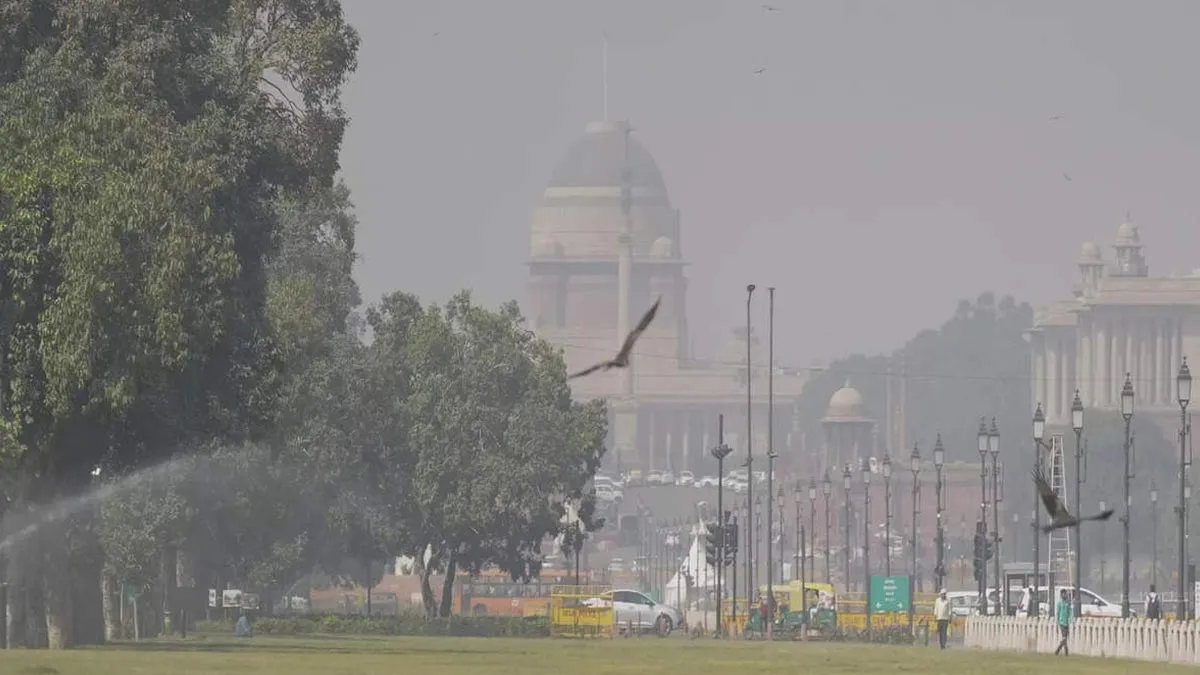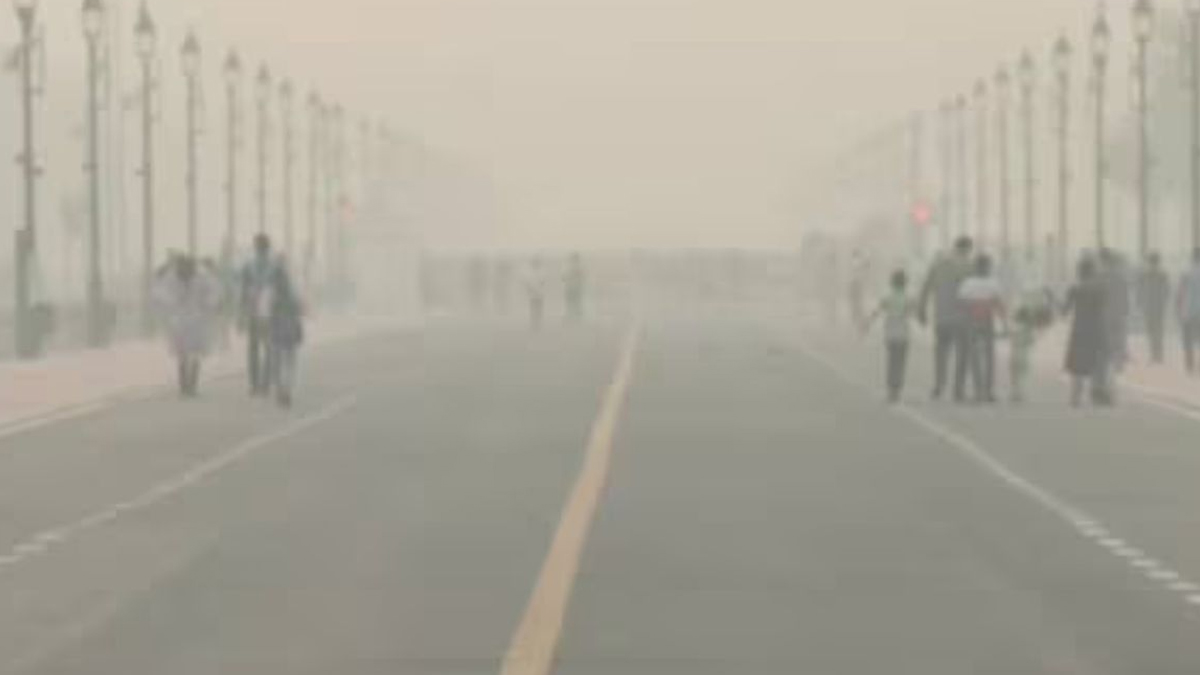
The aftermath of Diwali celebrations in Delhi has once again brought to the forefront the pressing issue of deteriorating air quality. Following the festival, the air quality index (AQI) plummets, leading to reduced visibility and significant health risks for residents. Poor air quality can adversely affect both physical and mental health, raising concerns about long-term implications for individuals living in heavily polluted areas.
Table of Content:-
Understanding the Impact of Poor Air Quality
The declining air quality in Delhi has left many residents grappling with various health complaints, ranging from respiratory issues to fatigue and stress. With rising pollution levels, people are often left feeling unwell, prompting frequent visits to healthcare providers. This cycle of illness not only takes a toll on physical health but also contributes to mental stress and anxiety.
It is crucial to recognize the importance of proactive measures to combat these adverse health effects. A well-rounded approach to health that includes dietary adjustments can play a significant role in mitigating the impact of poor air quality on the body.

Top Detox Foods for Combating Air Pollution
Antioxidant-Rich Foods
Incorporating foods high in antioxidants into your diet can be an effective strategy for combating the oxidative stress caused by air pollution. Foods such as berries (blueberries, strawberries, raspberries), spinach, and various nuts are excellent sources of antioxidants. These nutrients help neutralize harmful free radicals in the body, which are often increased due to environmental toxins. Regular consumption of antioxidant-rich foods can bolster your body's defences and improve overall well-being.
Also Read: High Air Pollution Alert: Toxic Smog Linked To Stroke And Lasting Brain Damage
Herbal Teas Like Ginger Or Green Tea
Drinking ginger tea or herbal teas can provide notable health benefits, especially during periods of poor air quality. These beverages are well-known for their anti-inflammatory properties and can assist in detoxifying the body. They help soothe respiratory issues and enhance overall immune function. Regularly incorporating these teas into your routine can provide a comforting way to protect against the harmful effects of air pollution.
Stay Hydrated
Maintaining proper hydration is essential for detoxification and overall health, particularly when dealing with polluted air. Ensure you drink plenty of fluids such as water, coconut water, and herbal teas. These beverages help flush out toxins from the body, support vital bodily functions, and keep your immune system strong. Hydration plays a crucial role in minimizing the adverse effects of toxic air, so make it a priority during periods of poor air quality.
Also Read: Tuberculosis Makes a Comeback as Leading Infectious Disease Killer, Says WHO
Vitamin C-Rich Foods
Vitamin C is a powerful nutrient that can aid in detoxifying the body and strengthening the immune system. Foods high in vitamin C, such as oranges, kiwis, strawberries, and bell peppers, should be included in your diet. This vitamin helps reduce inflammation and swelling caused by pollution, providing a natural defence against health complications. By incorporating vitamin C-rich foods into your meals, you can enhance your body's ability to combat the negative effects of polluted air.
Leafy Greens and Cruciferous Vegetables
Leafy greens like kale, and collard greens, and cruciferous vegetables such as broccoli and Brussels sprouts are excellent additions to your diet. These foods are rich in vitamins, minerals, and fiber, all of which are essential for maintaining a healthy immune system. They also help in detoxification processes, promoting better respiratory health. Regular consumption of these vegetables can assist your body in managing the toxic effects of air pollution more effectively.
Bottomline
As Delhi faces another season of poor air quality post-Diwali, it becomes imperative for residents to take proactive steps to protect their health. By integrating detox foods into your diet, you can help combat the negative effects of pollution and strengthen your immune system. Prioritizing antioxidant-rich foods, hydration, and nutrient-dense options will not only enhance your overall health but also empower your body to fight back against the challenges posed by toxic air. Making these dietary choices a part of your daily routine can lead to significant improvements in health and well-being, helping you navigate the consequences of poor air quality with resilience.
Also watch this video
How we keep this article up to date:
We work with experts and keep a close eye on the latest in health and wellness. Whenever there is a new research or helpful information, we update our articles with accurate and useful advice.
Current Version